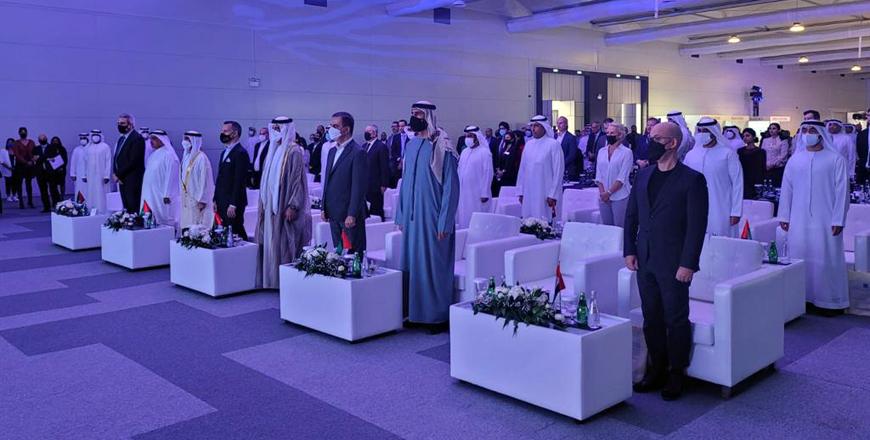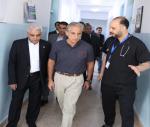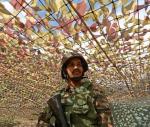You are here
Eastern-European crisis adds to aviation industry challenges, conference hears
By Rayya Al Muheisen - Mar 01,2022 - Last updated at Mar 01,2022

Participants at the Arab Aviation Summit in Ras Al Khaimah, the UAE, on Tuesday (Photo by ASDA’A)
RAS AL KHAIMAH, UAE — The Arab Aviation Summit (AAS) kicked off on Monday, addressing the fact that the aviation and tourism industries are facing some of the greatest challenges in history.
The summit took place in Ras Al Khaimah and was inaugurated by Sheikh Saud Al Qasimin, the ruler of Ras Al Khaimah.
During the main day of the summit, industry specialists from the public and private sectors, as well as representatives of different airlines, came together to discuss topics of connectivity and sustainability and the digital transformation of the aviation sector.
“The tourism and aviation sectors bring direct benefits to the economy,” Adel Ali, CEO of Air Arabia Airline said during his opening remarks.
Ali added that the aviation sector contributes to four per cent of the global GDP. He noted that 2020 was the worst year financially since the Great Depression, marking a four per cent decrease in the global GDP as a result of flying bans and lockdowns.
“Almost 90 per cent of countries closed their borders during 2020,” Ali said.
He added that eight million people were directly affected by the border closures and the shipment of food and medical supplies was also affected, which resulted in a global price hike in shipping costs.
Thirty-five per cent of international trade moves by air, Ali highlighted.
According to Ali, the biggest regional threat government’s face is unemployment, noting that the service industry is the “number one recruiting industry, globally”.
“COVID-19 is no longer the biggest concern for the industry,” said CEO of Royal Jordanian Airline Samer Majali during the discussion.
Majali added that while many countries have removed COVID-19 restrictions, the industry is now facing a new challenge — the “Eastern-European crisis”.
He noted that this challenge will have both a “global and regional echo”.
Majali said that fuel prices will likely increase, adding that this might affect the prices of flight tickets.
Airlines, therefore, have to improve traveller’s experience and invest in the digital space to provide IT presence for customers, he added.
Related Articles
RAS AL KHAIMA — The hidden gems within the tourism industry are one of the Jordanian economy’s most valuable attractions.
RAS AL KHAIMAH — The eighth edition of the two-day Arab Aviation Summit which will commence in Ras Al Khaimah on Monday will provide a platf
AMMAN — The 2020 Arab Aviation Summit (AAS), one of the region’s leading aviation industry events, has announced an array of top executives
















